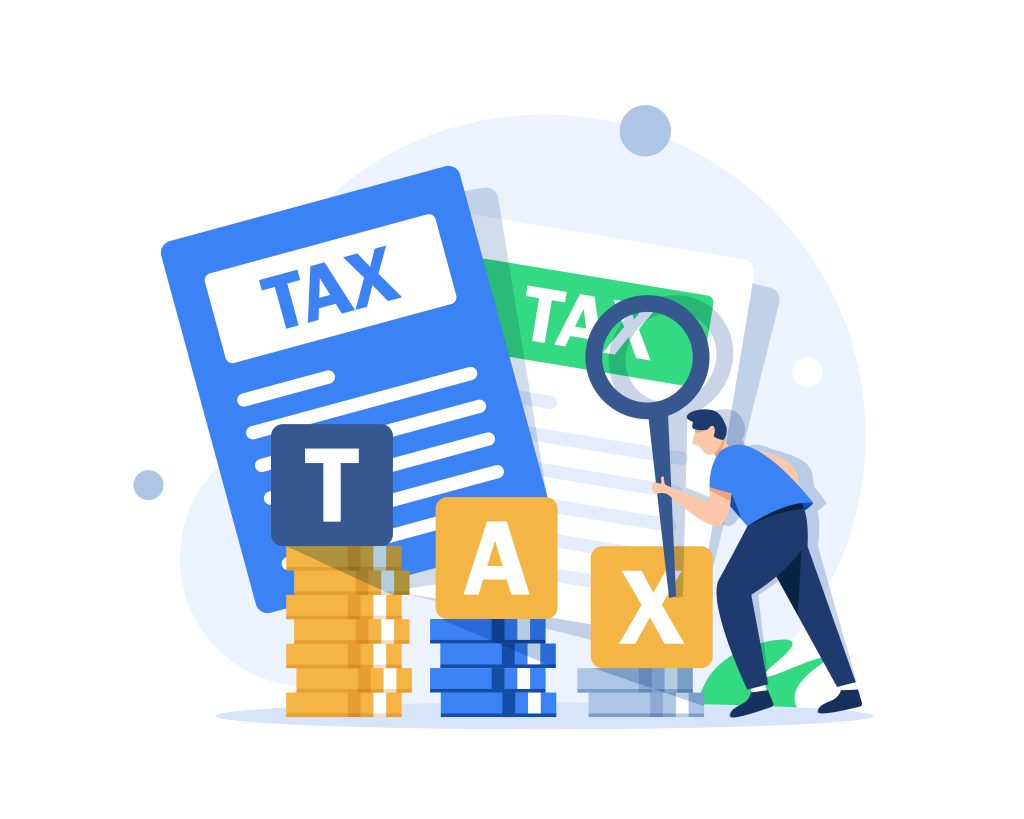How To Understand Payments And Deductions For Payroll Processing
The entire payroll cycle has three segments or stages; pre-payroll activities, which build up data for processing in the next stage of actualizing paychecks. The first part is base building on what’s going to happen with your payments and how they’re aligning themselves before you actually start getting paid!
The information gathered during pre-payroll activities is vital for human resource to process payroll. The most important data to be collected includes anything related to payments or deductions made on behalf of employees, such as their salaries and when they should receive them; this ensures that there will not be any mistakes in regard to these matters after the time comes when money has actually changed hands between employer an employee!
How To Understand The Deduction Process For Business Expenses Payments
Payroll includes both recurring and non-recurring payments. It is important to track which type of transaction a particular payment falls under so you can correctly debit or credit your account accordingly, for example, if an employee’s salary was paid in monthly chunks while they worked then it would appear on their bank statement as such but also have lines itemized where their bonuses were given at year-end alongside all other expenses related with that person’s employment
Salary
The monthly compensation for an employee includes all the fixed salary components such as basic and specific allowances (house rent allowance, special payroll payment to cover traveling expenses like flights or hotels). This is a recurring payment in your company’s payroll that does not usually change each month.

In certain situations, such as when an employee absconds and has not been honest with their company or clients about leaving for personal reasons. In this case, you will need to put on hold all payments until we can verify where they’ve gone.
Revisions
It is important to keep tabs on any modifications or revisions made with regard to your salary structure in order to ensure correct payouts. Modifications such as raises and hikes must also be monitored for approval before they can go into effect so that there are no errors when it comes time for an increase! Our pf consultants can assist organizations in effectual payroll processing which includes tax filing too.

Arrears
Arrears is a term used for the compensation of salary left behind when an employee receives their pay hike in one month but has it later on. In this case, the company due to its employees and arrears payment that’s paid at some point will be termed as such all payments made during the current period have account needs because they are considered arrears.
Bonus
The bonus is a way for an employer to recognize and reward performance or achievement of goals. The amount paid, as well as when it will be delivered is usually announced beforehand. Thus any payments that come during this time should probably fall under the category knowns as bonuses rather than hourly wages/salary
Payroll Reimbursement
The employee’s reimbursement is the amount that they spend after it has been approved by their employer. To claim this, employees must produce bills or documents verifying expenditure on necessary costs first; if these requirements are met then tax exemption status can be achieved through producing such paperwork at the time of payment instead which means fewer paper trails for employers!
Fixed fuel expenses can be paid to the employees every month regardless of how much is spent on it. Bills have to be submitted in order for them to claim any tax exemption, otherwise, that money becomes taxable compensation
Cash Incentives
Payments should be made in accordance with any announced cash incentives or other performance-related awards.
Employee Provident Fund
The Employees Provident Fund or EPF is a traditional savings plan that has been the most popular among Indians, particularly those who are salaried. Salaries can be spent tax-free in retirement accounts with this fund as long they have contributions from both employees and employers alike making it an ideal way for people to save towards their future needs without having any taxes taken away at source like other types of investment might do if invested externally.
Payroll deduction
When an employer has more than 20 employees, it is time to start making tax deductions. There are two types of recurring statutory employee welfare benefits (wages) which include Provident Fund and ESI while other non-recurring ones might be transportation services or mess facility bills that need specific amounts each month according to the government’s guidelines on how many employers can claim for these purposes without having any negative effect with regards their profits.
Income tax
The employer is required under section 192 to deduct TDS while making a monthly payment for any financial year, and this should be done on taxes owed by both employees in their respective tax returns as well as businesses that received income throughout the duration of each calendar month. It’s important you follow these slabs closely so they can remain accurate with what has been prescribed by India’s Government!
ESI
The employee’s state insurance covers medical expenses, and both employer and employee contribute to this scheme. Other recurring deductions include companies charging a fixed amount for providing facilities like canteens or messes as well as cab services that commuting to work would take
Professional Tax
The professional tax in India is a state-level duty and it has to be paid imperatively by every member employed within private organizations. Business owners, merchants working individuals & people carrying out different professions come under this type of tax scope including PT which can mostly happen with the commercial department from states where they base their income off salary payments made towards employees who are qualified for deduction if more than Rs 2500 annually.

Loss of pay
An employee who avails of more than the allowed number or period for leaves in one year will have a certain amount deducted from their salary. This is considered non-recurring and only happens when there’s an emergency situation with employees taking too many holidays at once.
Conclusion
Viriksha HR Solutions is a leading HR consultancy in Chennai who can help your organization manage employee payroll effectively. We offer a variety of services that can assist you in understanding and managing payments and deductions for payroll services. Our team of Esi consultants and professional tax consultants are ready to partner with you to create a plan that fits your needs. Contact us today to learn more about how we can help you manage your employee payroll.
Related Topic: https://virikshahrsolution.com/what-you-need-to-know-about-the-payroll-processes-in-india/


